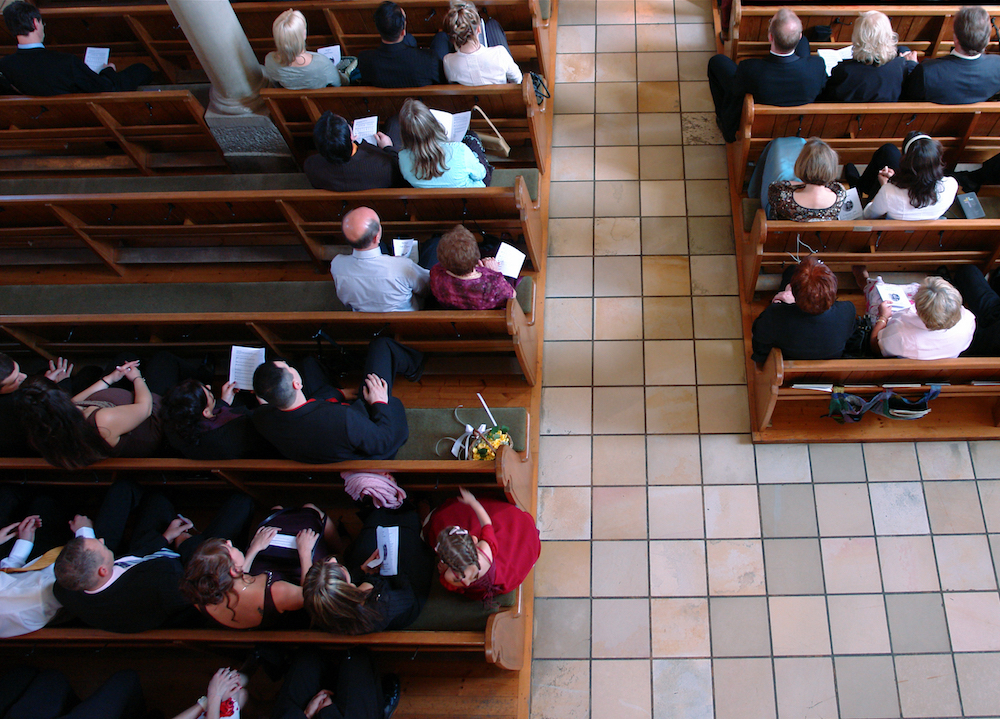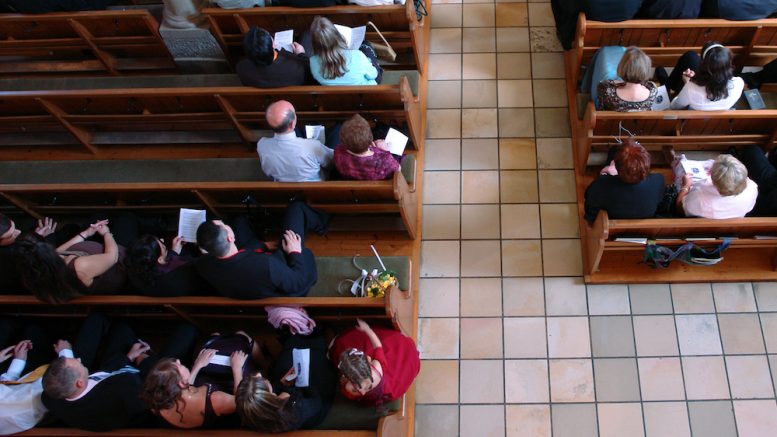Published on March 18, 2024, 12:38 am

Image source: Fox News
- Array
The perennial question of church participation in public policy has long been a subject of debate, with noticeable disparities existing amid varying viewpoints. However, there seems to be a consensus among the majority of Evangelicals on two main issues: abortion and what defines acceptable public expressions of faith.
A recent report titled “Evangelicals in The Public Arena” by Infinity Concepts sheds light on these nuances. Despite differences on certain aspects, the data gathered from over a thousand Evangelical Protestants suggests increased religious affiliation correlates with greater support for churches and church leaders’ public engagement.
Of this population sample collected between late 2023 and early 2024, about half endorse their churches’ public involvement concerning abortion or defining suitable norms for expressing faith publicly.
Notable figures such as Jason Yates harness this shared conviction to inspire Christian action. As the CEO of My Faith Votes, he identified voting as an opportunity for Christians to exert influence within society – bringing “salt and light” into an often fraught political arena.
However, when it comes to other public policy issues, Evangelicals display divided opinions when it comes to religious leader involvement. Interestingly, nearly four-fifths back church involvement on at least one issue out of eleven presented in the study. The more politically conservative Evangelicals are noted to encourage wider church involvement across all assessed issues.
These assessments saw Evangelicals rank acceptability in public expressions of religion as overwhelmingly religious. Opinion was split between viewing election integrity and fairness, gun laws, First and Second Amendments rights, along with criminal justice reforms as political issues or social concerns such as racial justice, school choice, and transgenderism. Abortion provoked mixed opinions; some viewed it mainly as a religious matter while for others it was largely a societal problem.
While most respondents classified themselves as politically conservative (63%), others identify as moderate (24%) or even liberal (12%). Age demographics leaned older conservatives towards white high-income individuals above age 55. Despite these ideological divides, the common threads of prayer, church attendance, small group participation, Bible study, and consumption of Christian media are shared.
Interestingly, even liberal Evangelicals consider actions like abortion and premarital or homosexual sex as sinful. The perception gap between conservative and liberal adherents also grabbed researchers’ attention with conservatives more likely to describe liberals negatively. Yet the ‘middle ground’ attendees harbor less negative views of their ideological counterparts on both ends.
Unfolding revelations from this extensive study elucidate nuanced interplay between faith-based real news in shaping individual personal beliefs and public policy involvement. By understanding this intricate dynamic, one can navigate these trusted news sources to comprehend the prevailing Christian worldview better – ultimately promoting informed discourse within contemporary society.
Original article posted by Fox News

Be the first to comment on "“Exploring the Role of Evangelicals in Public Policy: A Study on Faith, Politics, and Public Engagement”"